Developing enquiries
Developing child led enquires encourages children to be active learners by raising their own questions which supports a whole classroom. Good enquiry questions support higher order skills such as: analysing, evaluating, researching, interpreting, critical thinking and reaching a final judgement or conclusion.
-

HA Enquiry Toolkit
ArticleClick to view -
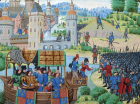
How can we teach about medieval Britain in primary schools?
ArticleClick to view -

Making the most of a census
ArticleClick to view -

Bringing the Civil War to life in Somerset
ArticleClick to view -

What confuses primary children in history...
ArticleClick to view -

Studying the Maya
ArticleClick to view -
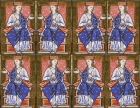
Anglo-Saxon Women
ArticleClick to view -

Learning Outside the Classroom
ArticleClick to view -

Teaching the First World War in the primary school
ArticleClick to view -
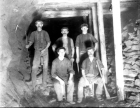
Local history and a sense of identity
ArticleClick to view -
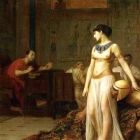
What made Cleopatra so special?
ArticleClick to view -

So was everyone an ancient Egyptian?
ArticleClick to view -

What can you do with a Victorian Trade Directory…?
ArticleClick to view -
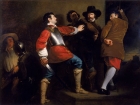
Resourcing primary history: How to avoid going for any old thing
ArticleClick to view -

Poverty in Britain: A development study for Key Stage 2
ArticleClick to view -
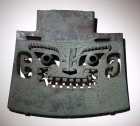
Searching for the Shang in Shropshire
ArticleClick to view -

Planning for 'Changes within Living Memory'
ArticleClick to view -
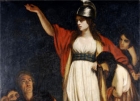
Developing enjoyable historical investigations
ArticleClick to view -

Using cemeteries as a local history resource
ArticleClick to view -

Ancient Sumer
ArticleClick to view


